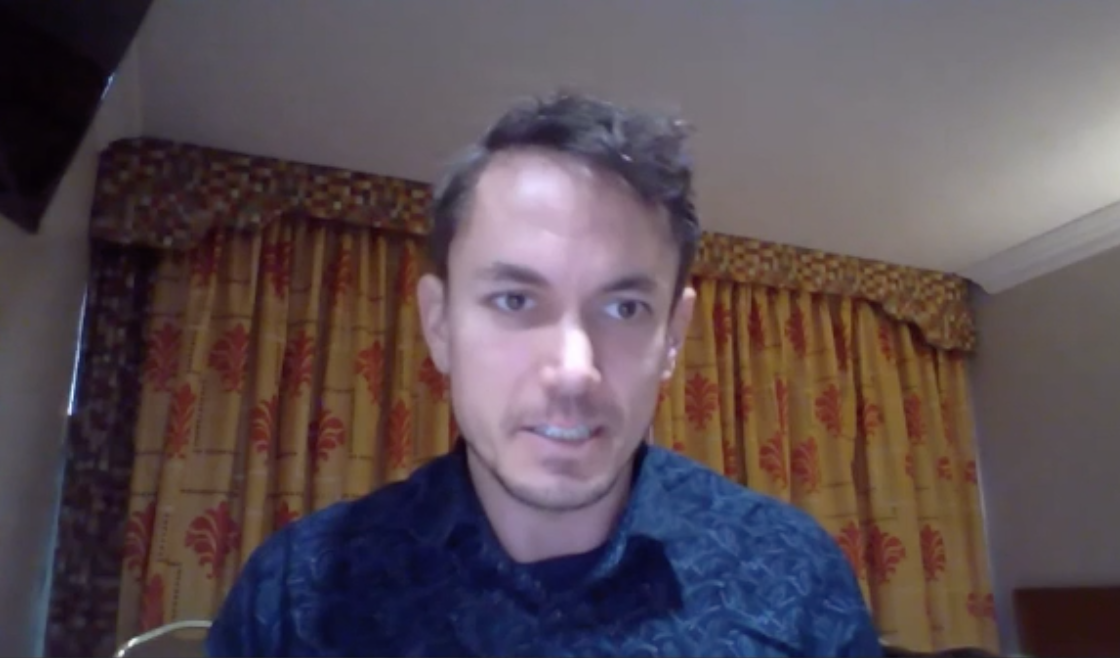Unauthorized Disclosure: Carey Shenkman

Carey Shenkman is a constitutional lawyer and recognized expert on the United States Espionage Act. He joins the podcast this week to discuss his book A Century of Repression: The Espionage Act and Freedom of the Press, which he co-authored with Ralph Engelman.
Kevin Gosztola asks him to outline the origins of the Espionage Act and how President Woodrow Wilson's administration developed it as a tool that could suppress antiwar dissent, labor organizers, and socialist and communist groups. Carey highlights the case of Socialist Party leader Eugene Debs who was targeted with the Espionage Act.
The rise of J. Edgar Hoover is deeply intertwined in the law's history, as Carey recounts.
Later in the discussion, Carey describes how the liberal class, and more specifically, the ACLU played a role in the legitimization of parts of the Espionage Act. He also recalls the attacks on radical newspapers and magazines and the Black press that was enabled by the law.
Altogether, this is important context for understanding how the Espionage Act developed into the law that the Justice Department now relies upon to control the free flow of information and punish those who engage in unauthorized disclosures.
For more, follow Carey on Twitter @CareyShenkman.

Comments ()